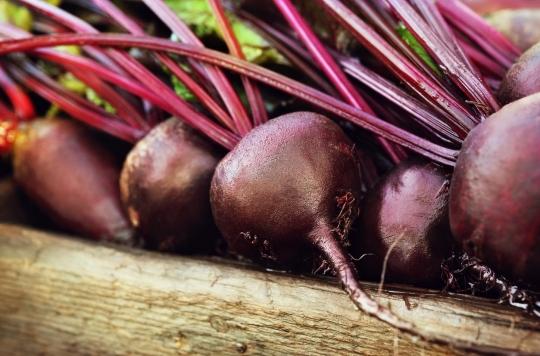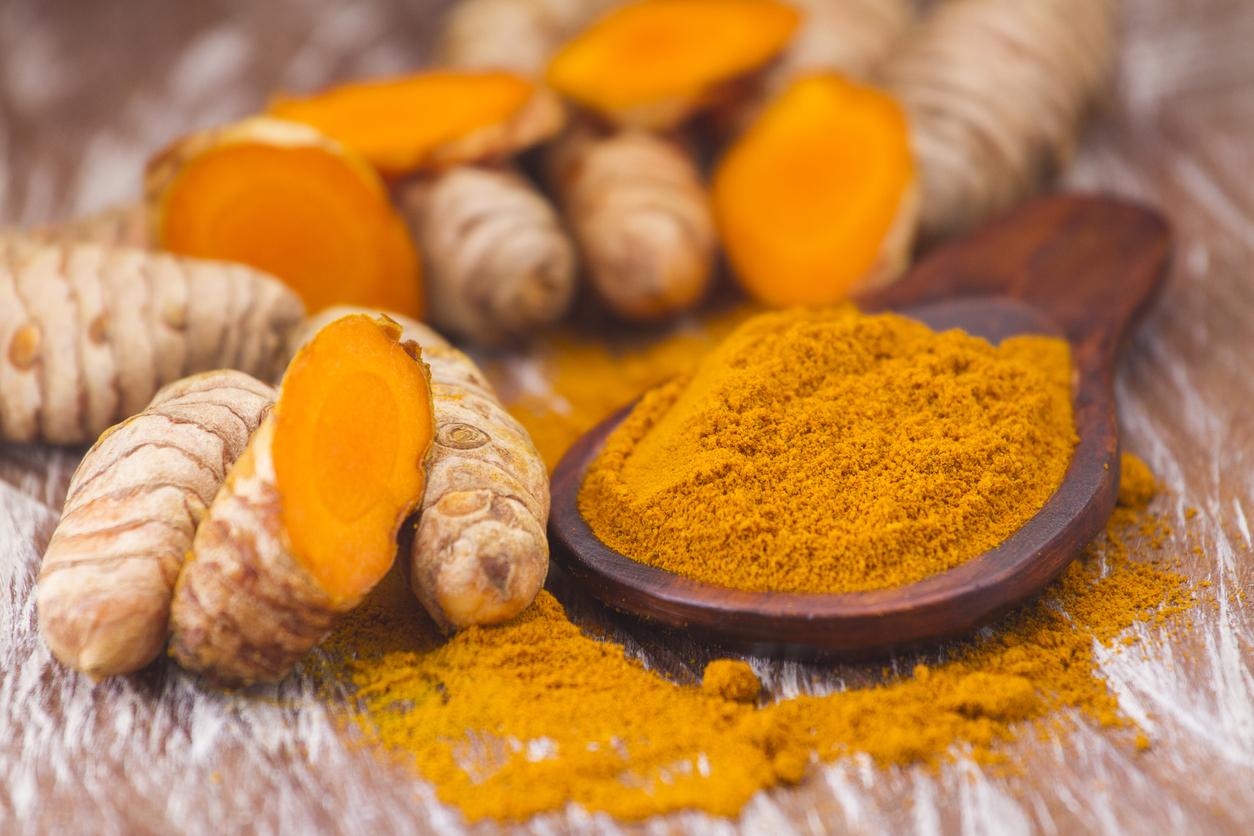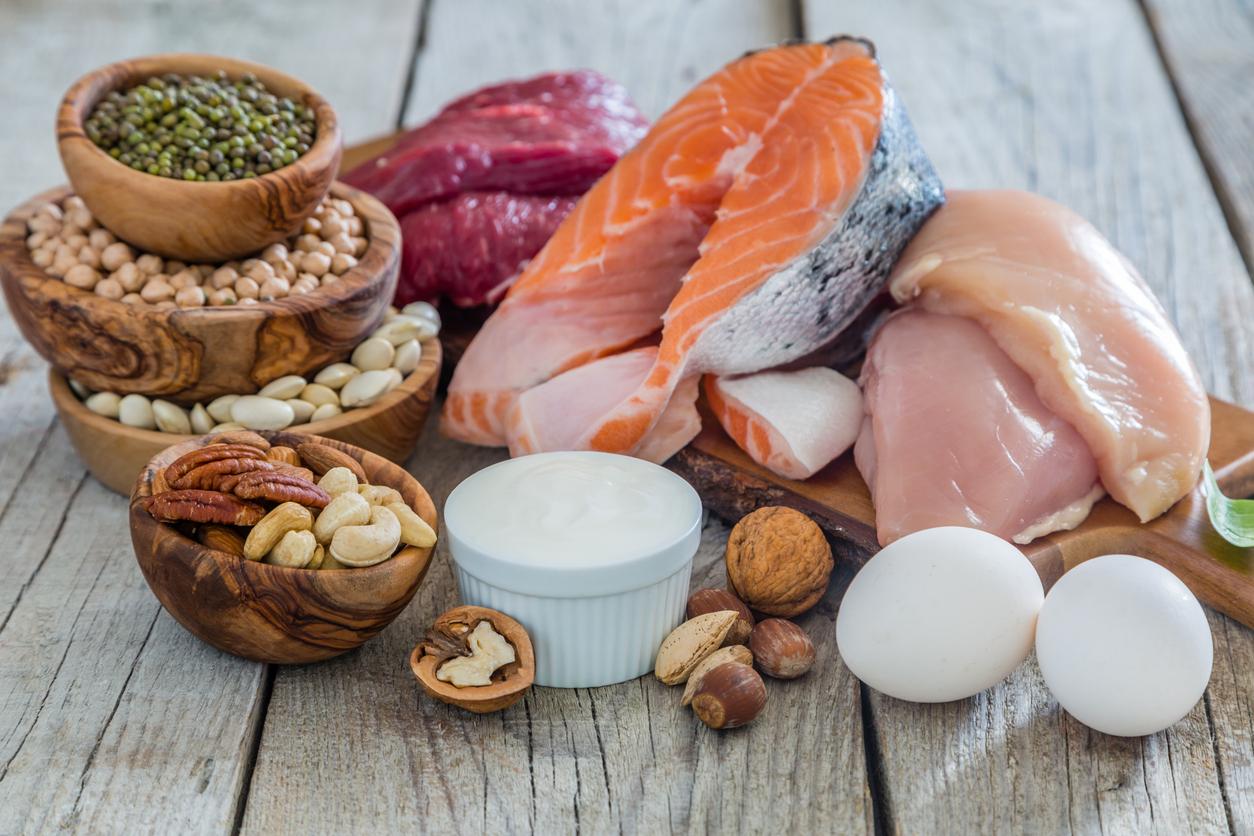Many athletes consume beetroot juice, a food very rich in nitrates, to improve their sports performance. Why Doctor tells you more.

It has long been proven that nitrates have a positive effect on physical capacity. However, beets contain a lot of it. Also, many athletes have the habit of consuming this food, especially in the form of juice, to improve their performance. Why Doctor tells you more.
The benefits of beets proven by science
In 2009, University of Exeter researchers (United Kingdom) tested beetroot juice in athletes and were able to observe that this substance allowed them to better supply their muscles with oxygen. In detail, nitrates are transformed by bacteria in the mouth into nitrites which are then converted into nitric oxide or nitric oxide. The latter causes dilation of the blood vessels, which then leads to a drop in blood pressure and therefore an increase in blood flow and better irrigation of the heart.
Two years later, these same researchers demonstrated that beetroot juice increased the endurance of athletes by 16%. In detail, their oxygenation rate was optimized by 16% for 30 minutes.
Then, further research found that six days of beet juice consumption improved performance and power by about 1% in trained cyclists during a 10 km race. By contrast, eating 200 grams of whole, baked beets helped eleven recreational runners tested in a study by researchers at St. Louis University (US) complete a 5km run. faster.
Finally, in 2015, scientists from the Washington University of Medicine (United States) then showed the beneficial effects of nitrates present in beets for people suffering from heart failure. Two hours after prescribing a cure of beet juice to nine participants with this condition, they realized that it allowed them to perform faster movements.
In addition, beets are very rich in antioxidants, which can therefore help athletes subjected to heavy training loads. This vegetable is also rich in vitamins A, B and C, contains iron and a light source of calcium, but also folic acid, which can promote a stable level of iron in the blood of athletes who are sometimes deficient.
In what form should you consume beetroot to boost your physical abilities as much as possible?
To ingest enough nitrates to improve athletic performance, you need to eat a lot of beets. It therefore seems more practical to consume it in the form of juice. The latter must be homemade (here some recipes). Be careful not to consume commercial supplements claiming to have the same active ingredients.
If you are preparing for a competition, consume 500 ml of beetroot juice during the six days before. On D-Day, have a drink two and a half hours before departure: this is indeed the moment when the concentration of nitrites ready to be transformed into nitric oxide is at its highest level. In order to avoid unpleasant gastric surprises, however, it is preferable to get used to beetroot juice outside the competition period and not to take it non-stop: to best preserve the benefits when needed, completely stop the consumption of beet juice for a week or two before you start again.
Possible side effects of beets
As with all foods, consuming beets in excess can have adverse health consequences. Beetroot contains in particular flavonoids such as anthocyanin, responsible for excess pigmentation. Too much beet can also lead to kidney complications. Indeed, excessive consumption can reduce the level of calcium absorption, which can increase the formation of kidney stones tenfold. Thus, people suffering from kidney disease should refrain from eating it. It is also not recommended for patients suffering from hemochromatosis and Wilson’s disease, pathologies respectively linked to excess iron and copper, which are strongly found in beets. Finally, the latter is rich in betaine, a plant substance that increases cholesterol levels when it interacts with folic acid and vitamins. Therefore, beets are not recommended for people with obesity.
.















